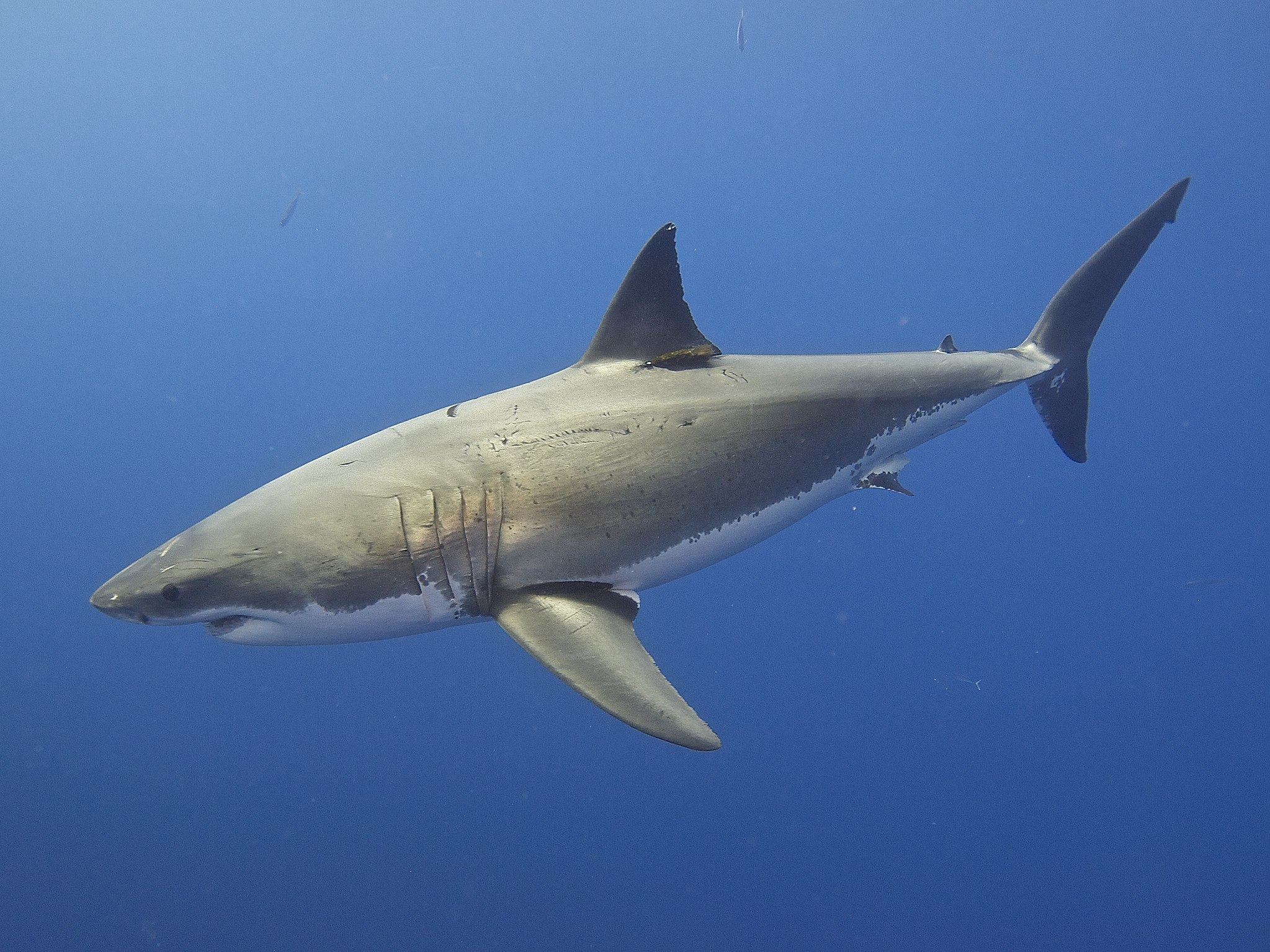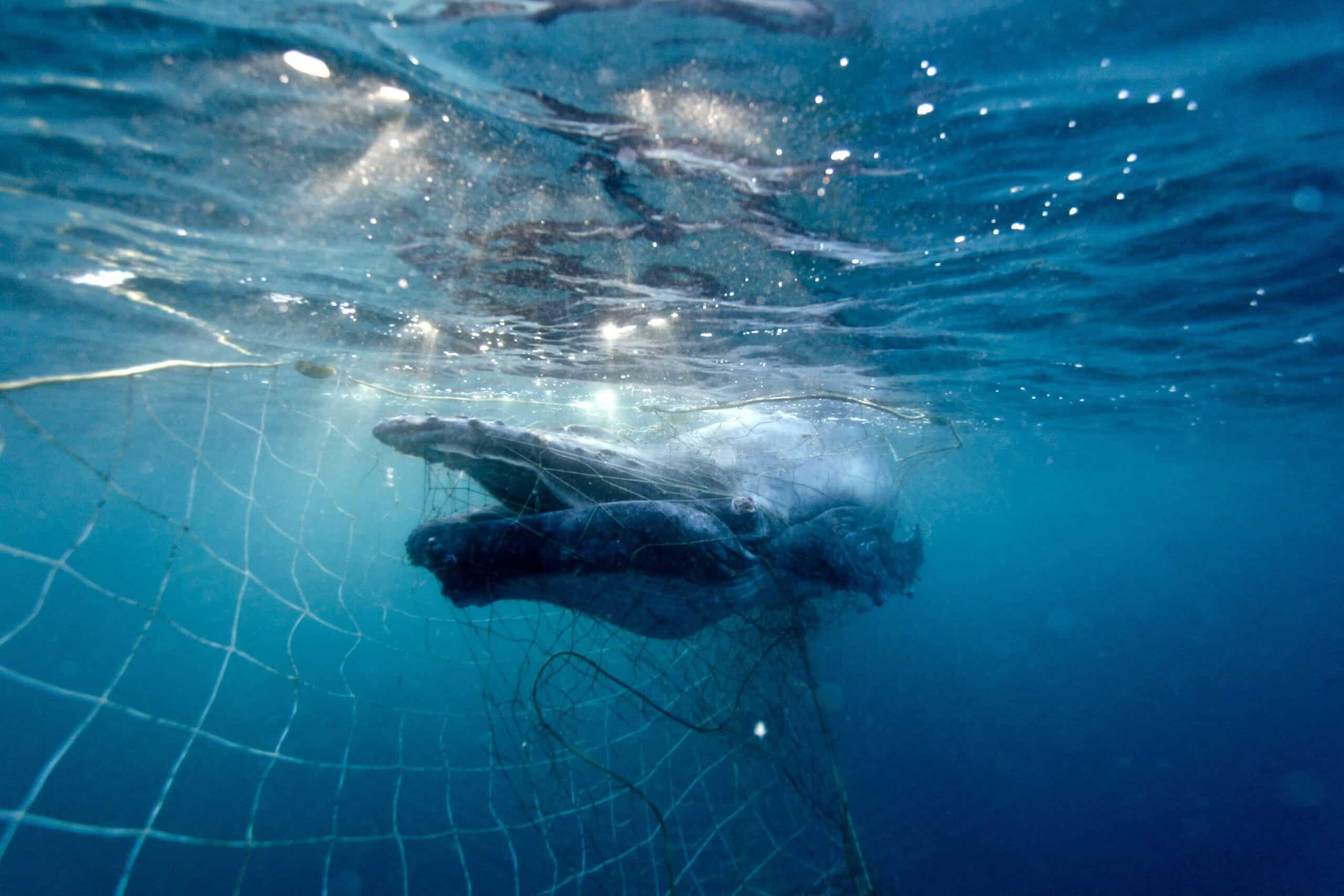Research shows that Australia’s great white sharks are highly related to each other and may consist of fewer than 500 breeding animals. SYDNEY, 24 June 2025: Latest research has found Australia’s great white shark population is much smaller than expected, increasing their vulnerability to further population threats. The population...
Queensland has become the last jurisdiction to end the issuing of licences to shoot flying-foxes.
Humane Society International (HSI) Australia welcomes the announcement by the Queensland Department of Environment and Science for a 3-year phase out the shooting of flying-foxes after a long public consultation. The animal protection organisation says it is an important win for flying-fox conservation and animal welfare.
In a letter to HSI Australia, Minister Meagan Scanlon said: “I have made the decision to move away from permitting the shooting of flying-foxes due to ongoing animal welfare concerns.” This was one of Minister Scanlon’s last decisions as Minister for the Environment and the Great Barrier Reef.
Despite being protected under the Nature Conservation Act 1992, Damage Mitigation Permits (DMPs) were issued to orchardists in Queensland to shoot three species of flying-fox: the black flying-fox, little red flying-fox and grey-headed flying-fox, in an effort to reduce crop damage. Shooting flying-foxes is not only inhumane; it is also less effective than alternative methods such as wildlife-friendly exclusion netting.
HSI Wildlife Campaigner Dr. Louise Boronyak said: “All too often shooting flying-foxes results in punctured wings and agonising, slow deaths, especially when the shooting occurs at dusk and into the night. The reduction in shooting quotas over this 3-year adjustment period means a significant step forward in the conservation and protection of these keystone species. HSI looks forward to a time when all fruit growers are successfully protecting their crops without shooting our native wildlife.”
The Departments of Agriculture and Fisheries and Environment and Science recommend exclusion netting as the most effective method for protecting crops from damage by flying-foxes. Fruit growers can receive financial assistance for the netting.
HSI made a compelling submission to the inquiry and consulted extensively with the department in relation to environmental and animal welfare concerns of shooting. The organisation also outlined viable non-lethal strategies that provide a more durable and effective solution to protect fruit crops than repeated shooting.
Exclusion netting also excludes birds and may protect against insect pests and hail damage. Fruit growers are supported by the Australian Government’s Horticultural Netting Program, which offers 50% of the purchase and installation cost of horticultural netting for commercial fruit crops. Queensland’s Rural and Industry Development Authority also offers low interest loans from growers who wish to install exclusion netting.
Flying-foxes are keystone species important for ecosystem health through the pollination and seed dispersal of native trees which enhances the resilience of native forests. These animals are suffering from habitat loss and are vulnerable to extreme temperatures, and with more frequent heat stress events increasingly impacting all species of flying-foxes, we implore the Queensland government to take proactive steps to arrest the decline of these species.
Media contact:
Louise Boronyak, Wildlife Campaigner
Email: lboronyak@hsi.org.au
Phone: (02) 9973 1728


